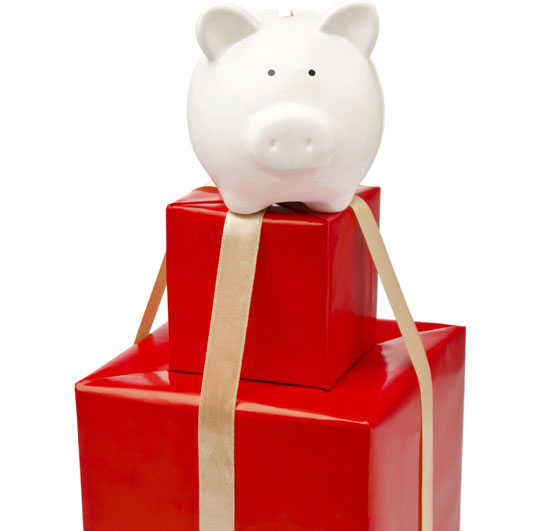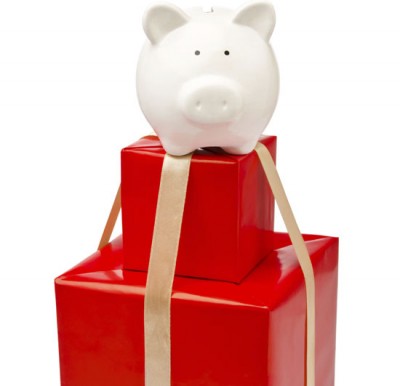
Don’t end the festive season with a debt hangover. The festive season is here, bringing with it a month of holidaying, celebrations and gift-giving. But don’t get so carried away by the spirit of the season that you recklessly spend money you don’t actually have.
Nobantu Motsweni, debt counsellor at Legal & Tax says that all too many South Africans begin each January flat broke. Many find themselves in the tight corner of owing lots of money that they can’t repay and watching interest pile up on their debts just because they splurged on gifts and holidays they couldn’t really afford. Here are a few cash-savvy tips for making your Christmas buck stretch further:
Know your budget and stick to it.
Before you take a loan or spend on your credit card for a holiday or gift purchases, be sure that you know how much money you can afford to spend repaying it each month. Calculate this by deducting living expenses for the household and your personal expenses from your salary.
Leave yourself some breathing room.
Don’t commit every free cent you have to a loan, in case the price of food, electricity, school fees and other expenses increases.
Avoid taking loans from anyone but a credible credit provider such as a bank or a well-known retailer.
The lender should be an Authorized Financial Service Provider with the Financial Services Board. It should also be registered with the National Credit Regulator. Beware of certain micro-lenders who charge severely high interest rates for instant cash loans.
Be disciplined about what you purchase on credit or with your annual bonus this festive season.
It might be tempting to buy the family a big LCD TV, but ask yourself whether it will be worth it in January when you need to borrow money for school fees and food, or when you’ll need to start paying off the debt.
Be smart with your credit card.
Try and pay the full balance you owe in the first month to avoid interest charges rather than just paying the minimum installment. The outstanding balance will accumulate interest at an alarming rate if you don’t pay it off in the first month. Interest rates on credit cards are very high – don’t use this form of credit outside of genuine emergencies.
Rather than buying goods such as clothes on credit, why not by them on lay-buy?
Simply pay for your items over a few months, and then collect them with your final payment. You’ll incur no interest charges, and the shop will hold onto them for you.
Another tip for next year: start your Christmas shopping in June.
That way you can manage your monthly cash flow better, avoid the way retailers hike their prices in time for the holidays, and also stay away from borrowing money.
December is a better time to buy school things than it is to buy Christmas presents.
Stationery and other school essentials usually go up in price when the retailers start their back to school adverts after Christmas.
Enjoy yourself, but don’t waste money you don’t have.
If you’re on a tight budget, make gifts for friends and family rather than buying them, and limit the amount of meals you eat out. Use the savings to pay off debt or set them aside to buy essentials in the New Year.





